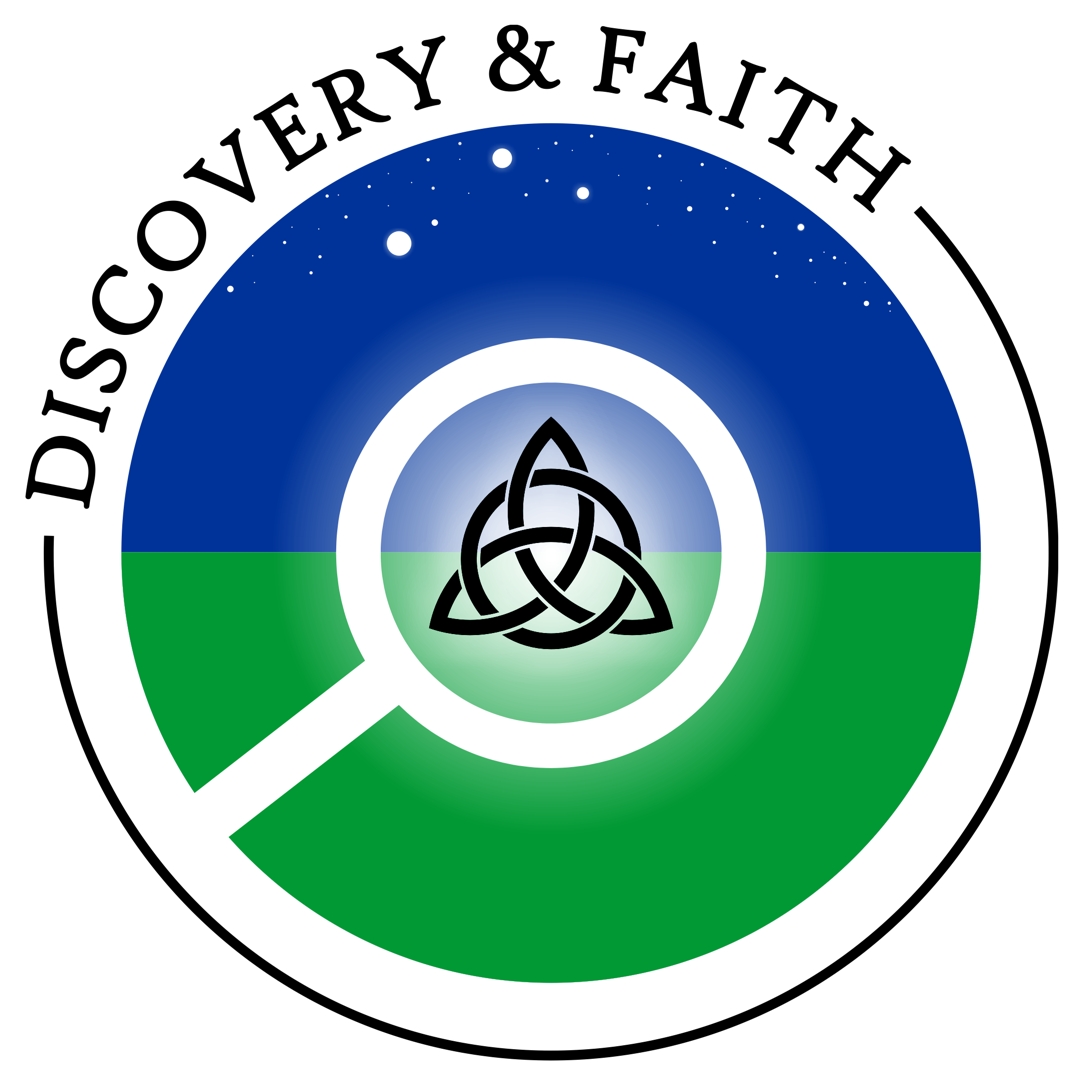The recent eclipse was reportedly the most viewed and photographed of all time, witnessed by millions of Americans who interrupted their busy lives to participate in a collective moment of awe and wonder. Our guest post at The Book of Works considers why this matters to the church.
Guest Post: What the 2017 Eclipse Asks Us About Our Church Ministry, by Jennifer Secki Shields
Today’s guest post is by my friend and colleague, Jennifer Secki Shields. Jen was trained as a biologist, and was the long-term Director of Christian Education at Christ Crossman United Methodist Church in Virginia. More recently, she founded a new organization called Discovery and Faith https://www.discoveryandfaith.org/ which helps children and youth grow in their experience of God as they explore the world around them. Jen is also a member of the WesleyNexus Board of Directors, which is how we met.
I organized a viewing event for my Cub Scout Pack that was attended by ~75 friends and neighbors on the field behind our local elementary school. All of the school’s teachers came out, too. As the eclipse reached its maximum at 2:42 PM we could hear other groups cheering from their locations in our community. We added our chorus to theirs. For me, there is no question—that collective moment of awe and wonder was an act of worship, a joyous celebration of God’s creation!
It also is one more piece of evidence that tells us just how profoundly our culture is impacted by science. The AP is reporting that this eclipse was the most viewed and photographed of all time. Consider that many millions of Americans interrupted their busy lives to pause for this event. Millions even made roadtrips so that they could be in the path of totality. All of this, not just to witness an event described by science, but in complete trust that the scientists had accurately predicted the whole thing! And they had. You literally could have set your watch by this event. In my area, the eclipse began at 1:17 PM, and reached its maximum at 2:42 PM, exactly as predicted.
While all of this points to the power of science, this was clearly a spiritual experience for most viewers. This morning I heard a woman on the radio describe it this way, “It was like Christmas, but for only one time.” Another said, almost breathlessly, “I’ve never experienced anything like it.”
I left my viewing event singing to myself:
This is my Father’s world,
And to my list’ning ears
All nature sings, and round me rings
The music of the spheres.
Which leaves me wondering, did your church in any way acknowledge this historic moment in it’s Sunday worship services? In its children’s message or programming? In the pastor’s sermon? Did it seek to make a connection between scientific knowledge and biblical wisdom? Did we, the church, connect with our science-shaped culture? Or did we miss an opportunity to point to the living God?
The 2017 eclipse reaffirmed two things for me. First, that science is good at doing what science does, making accurate predictions and descriptions about the natural world—and the vast majority of Americans trust this. Second, that wonder—expressed by Christians and non-Christians alike—is alive and well. A church that seeks to be culturally relevant today will look for ways to engage positively with science so that it can bear more fruit for the kingdom of God.

